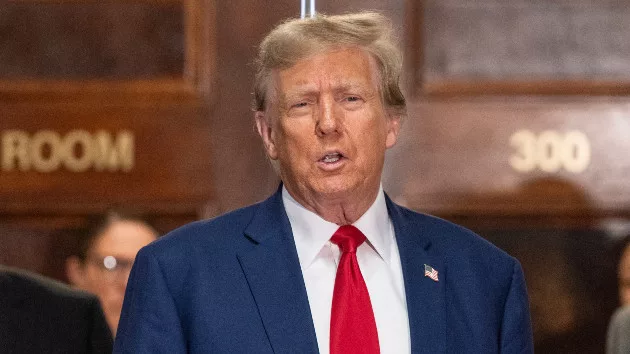Senate Republicans who voted to advance aid for Ukraine last week are taking heavy incoming from allies of former President Trump, who are calling them out publicly and threatening primary challenges after they defied Trump’s calls to oppose the package. Donald Trump Jr., the ex-president’s eldest son, has led the charge against the 22 Republicans who backed the national security supplemental, many of whom are allies of Senate Minority Leader Mitch McConnell (R-Ky.).
He called for Sen. Joni Ernst (R-Iowa) to get a primary challenge, and for West Virginia primary voters to reject the gubernatorial bid of Moore Capito, the son of Sen. Shelley Moore Capito (R-W.Va.).
In another instance, Texas Attorney General Ken Paxton (R) a major backer of Trump, took aim at Sen. John Cornyn (R-Texas), one of McConnell’s top allies, writing on social media, “Unbelievable that [Cornyn] would stay up all night to defend other countries borders, but not America.”
While some believe the Capito gubernatorial threat, in particular, was a low blow, the frustration from Trump’s orbit is palpable and is laying bare the fissures between it and GOP leadership.
“The last month exposed the problems that come with a GOP leadership team that has no relationships with the likely Republican nominee for president,” one Senate GOP aide said. “It further exposes the disconnect between Republican lawmakers largely in D.C. compared to where our voters are.”
The security bill includes $60 billion in military and economic assistance for Ukraine and $14 billion for Israel, along with monies for the Indo-Pacific region and humanitarian purposes.
On top of the Ernst and Capito remarks, Trump Jr. also took aim at Cornyn and Senate Minority Whip John Thune (R-S.D.) — two of the leading contenders to eventually replace McConnell — over their Ukraine aid votes.


